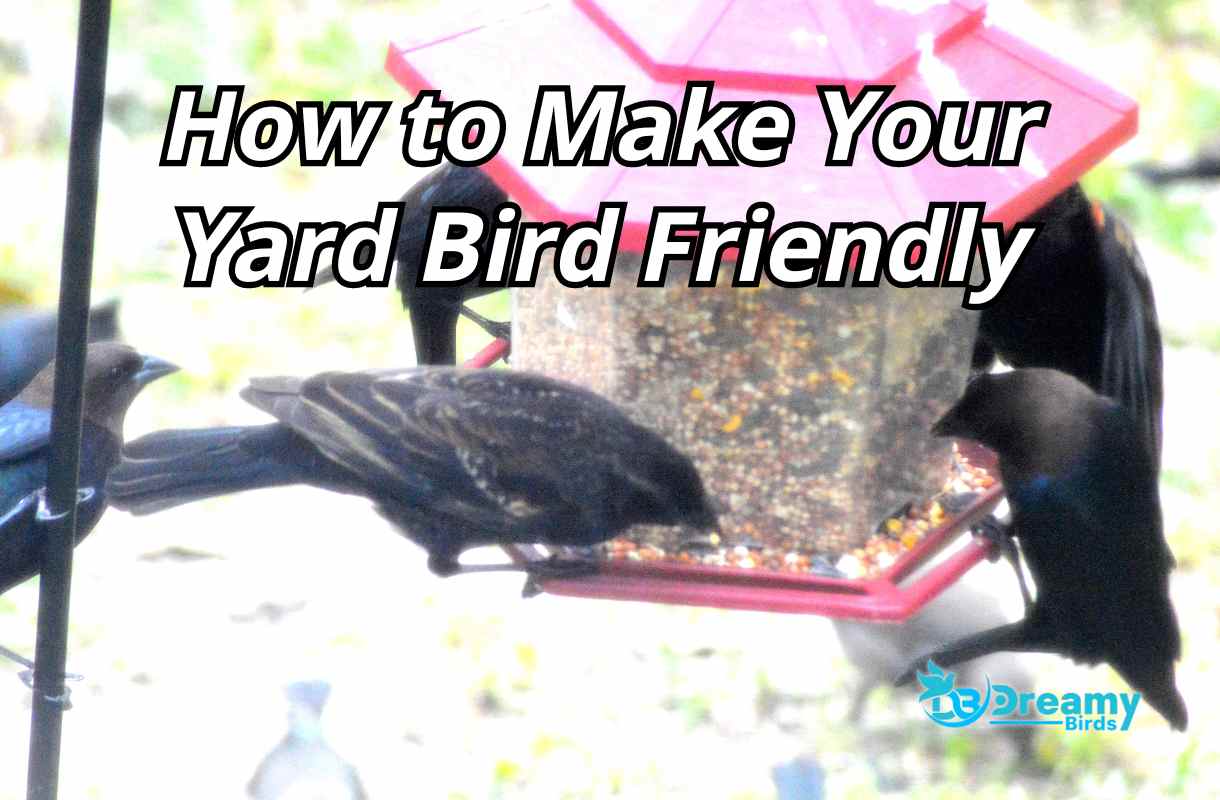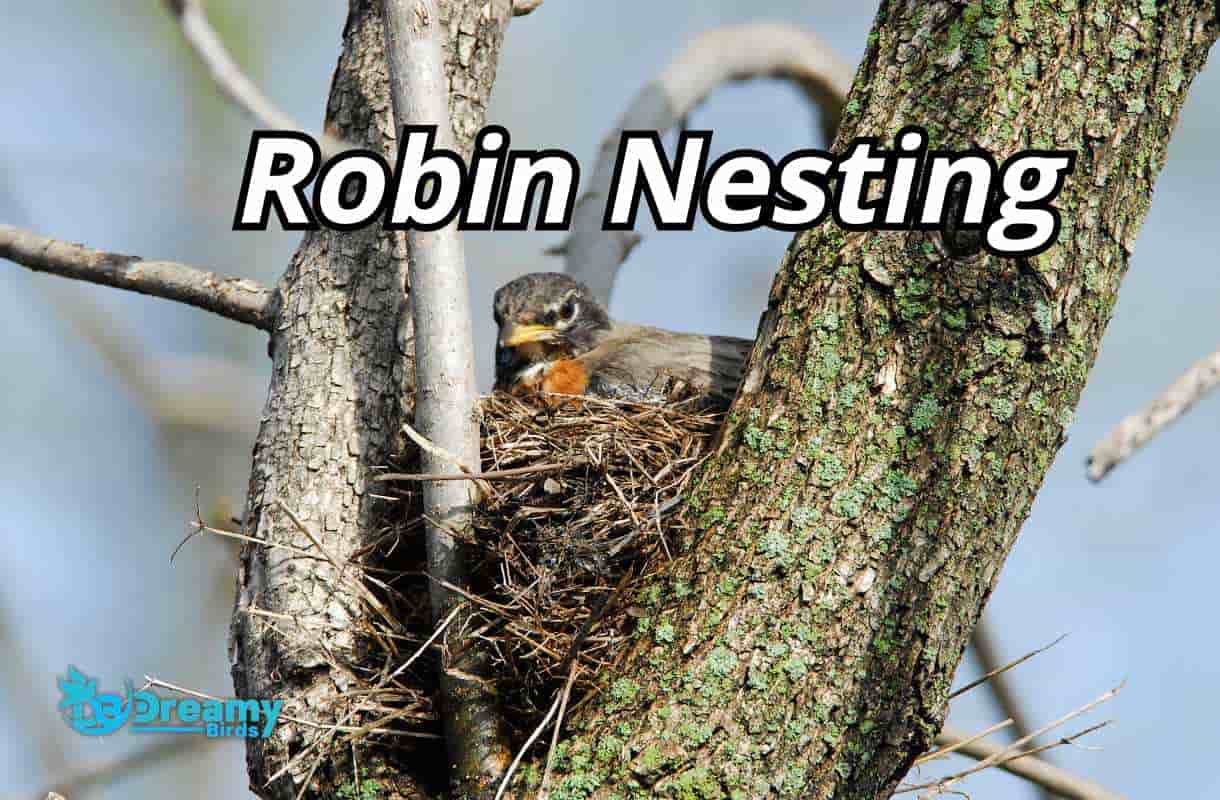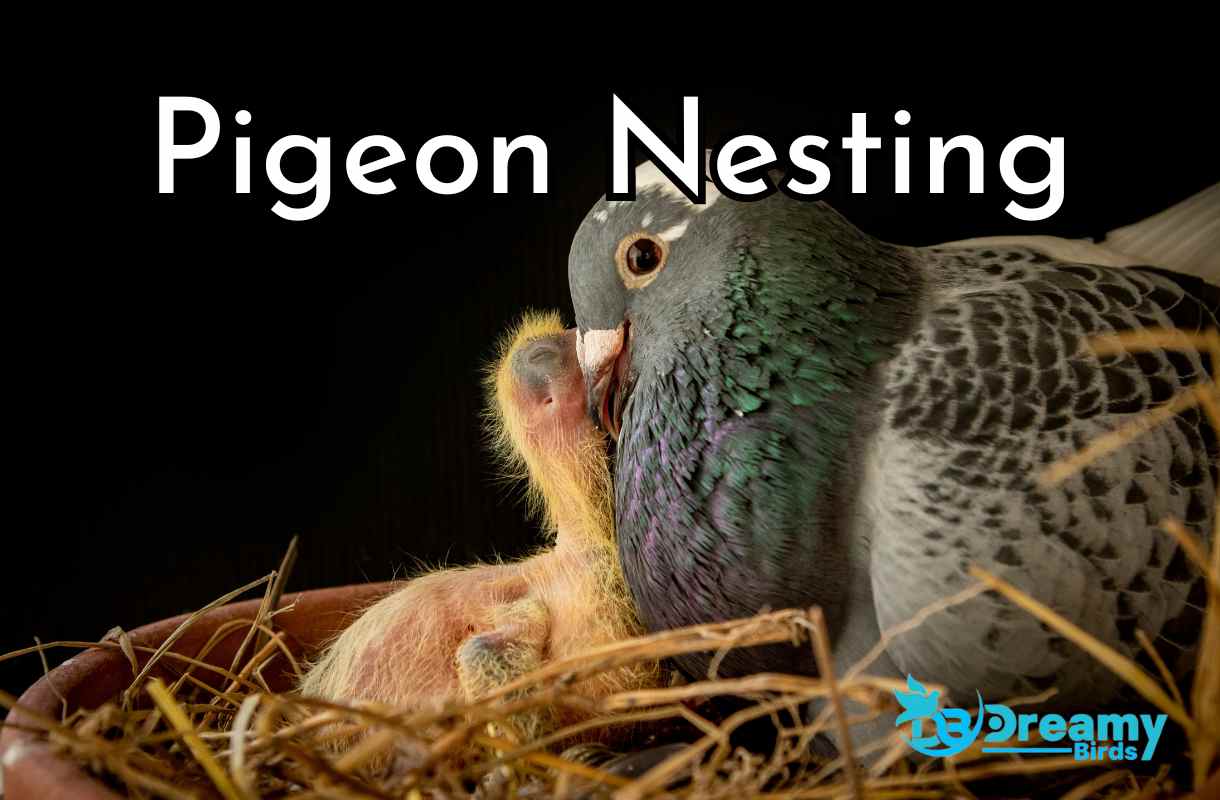
How to Keep Birds Out of Garden – The Best Ways
To keep birds out of your garden:
1. Try understanding their behavior and setting up barriers like netting and garden fleece.
2. Use decoys like fake owls and change them often to keep birds guessing.
3. Provide alternative food sources like bird feeders away from your garden.
4. Keep an eye on what works, and be ready to adjust your methods.
5. Remember, it’s about creating a balance where your garden thrives, and birds can coexist without causing harm.









